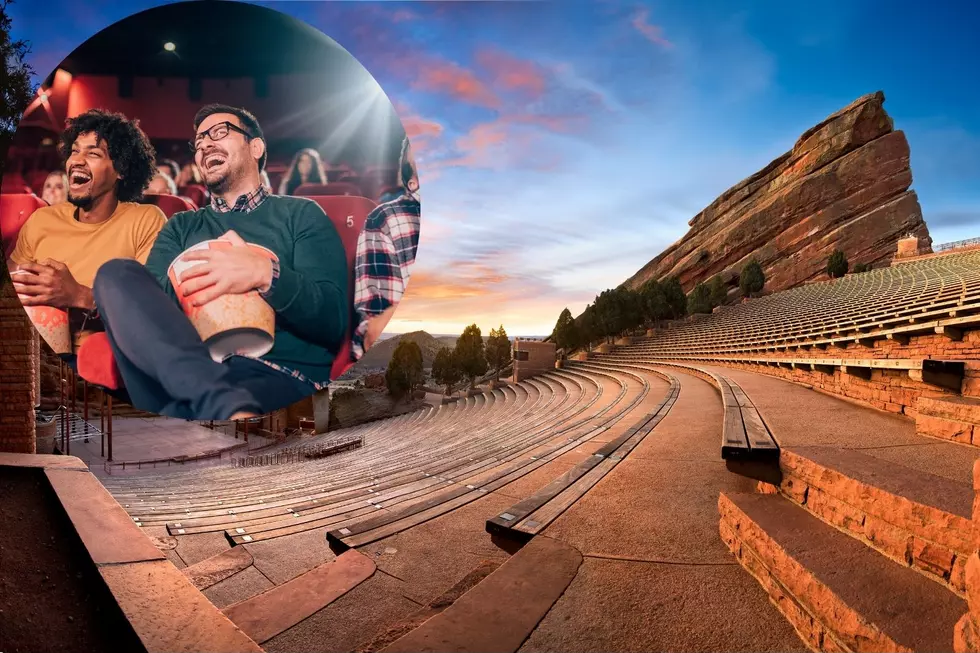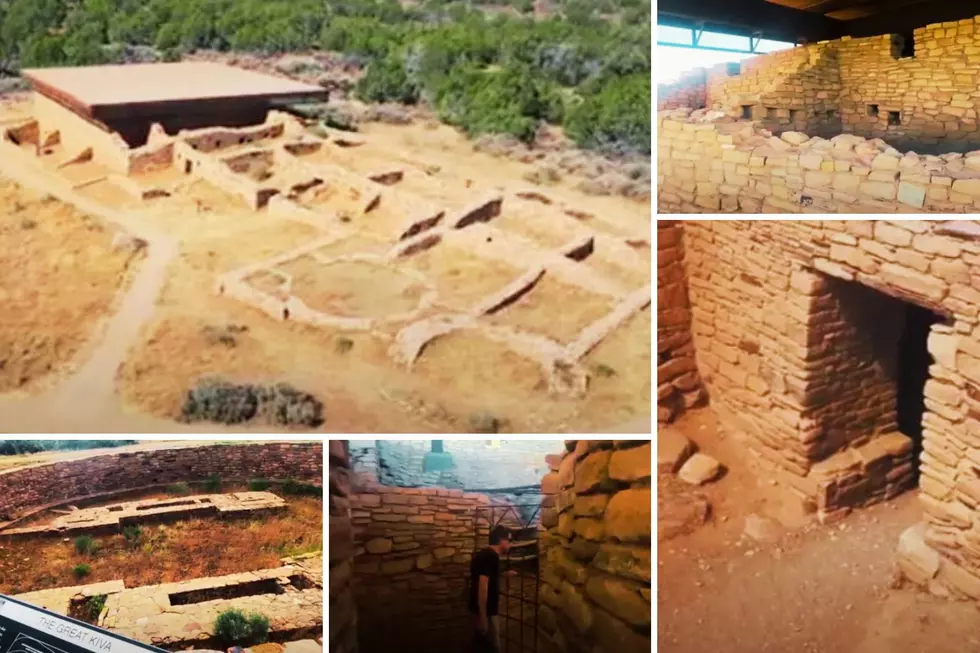
History of One of Colorado’s Worst Tragedies: Black Hollow Flood
Colorado’s history has been spotted with brutal floods. Whether it was the recent Black Hollow flood, the huge Fort Collins flood in 1997, or the flood in Pueblo back in 1921 that would go on to be the state’s deadliest, rising water has been a major threat to Coloradans for centuries.
However, an often-forgotten piece of this Colorado lore happened 90 years ago in what is now Castlewood Canyon State Park. On August 3rd, 1933, the Castlewood Canyon Dam broke, leading water from Cherry Creek to flood throughout Denver.
The story of how the dam broke is a fascinating one, filled with shoddy construction and countless ignored warning signs. However, just as interesting it how it has become one of Colorado’s best hikes.
October 1890: The Castlewood Dam is Completed
The Castlewood Canyon Dam was created so farmers near Denver could have a large reservoir to pull water from. At the time, Colorado’s capital was one of the fastest-growing boomtowns’ in the Mountain West, and to accommodate the influx of people, farmers needed adequate water supplies to grow more food.
The project was spearheaded by the Denver Water Storage Company, which was an amalgamation of the area’s major landowners. They put together a budget of $350,000 (Which is about $11.8 million today) to fund the project.
Work began in 1889, and construction involved 85 men on horseback taking rocks to the site and putting the pieces together to create a mammoth 600 ft wide and 70 ft tall dam. For its time, it was considered to be an impressive achievement in engineering.
Almost Immediately, the Castlewood Dam Showed Signs of Weakness
As impressive as the dam’s 11-month time of completion was, it was marred with controversy as soon as it was built.
Almost immediately, the dam showed signs of cracks, with water visibly spilling out in places. It raised concerns with the local population in Denver, who were concerned with a possible flooding of Cherry Creek. A.M. Welles, the dam’s chief engineer, argued a flood would “...never, in the life of any person now living, or in generations to come, break to any extent that will do any great damage…”.
In July and August of 1933, Water Levels, and Concerns, Began to Rise
Throughout the dam’s lifetime, it was almost always leaking water from the Reservoir, which had been named Lake Louisa. Starting in July of 1933, heavy rainfalls in the Front Range brought fears to head.
The rain continued to beat down at the beginning of August. They were classic August thunderstorms for the Front Range. However, with this particular rainfall, Lake Louisa’s water level was beginning to get dangerously high. By about 1 am on August 3rd, water began to swell over the Castlewood Dam.
August 3rd, 1933: The Castlewood Dam Breaks and Begins the 1933 Cherry Creek Flood
As the water toppled over the Castlewood Canyon Dam, it gave way, causing a huge wave towards Denver. It swept away farmland, bridges, and eventually reached Denver, where it caused a tremendous amount of damage. The disaster cost an estimated $1 million ($23 million today) in damages.
Fortunately, it could have been worse. Not only had people known about the lack of the dam’s structural integrity since its creation, but people were notified beforehand about a possible breach days before. At the end of the day, only two people were killed, which was a miracle for how devastating it potentially could have been.
Today, You Can Visit the Remains of the Castlewood Canyon Dam For One of Colorado’s Most Underrated Hikes
Located in what is now Castlewood Canyon State Park, the remains of the dam are still plainly visible to this day. Not only that, but there are hiking trails to be able to see it.
The hike is only an hour long, and not only will you be able to see the remnants of the dam, but it is a fantastic route as well. It’s an easy hike that only takes about an hour to complete.
Remember, Castlewood Canyon State Park still requires a fee, but it’s not too steep at all at $10 for a day pass. Not only is it a good day trip, but one of Colorado's best hidden gems that's packed with incredible history.
5 Hikes that are Perfect for Colorado History Buffs
Gallery Credit: Kelsey Nistel
10 Colorado Hikes with Beautiful Views that Anyone Can Do
Gallery Credit: Wesley Adams
The Most Haunted Hikes In Colorado You've Already Visited
Gallery Credit: Waylon Jordan
More From 95 Rock






